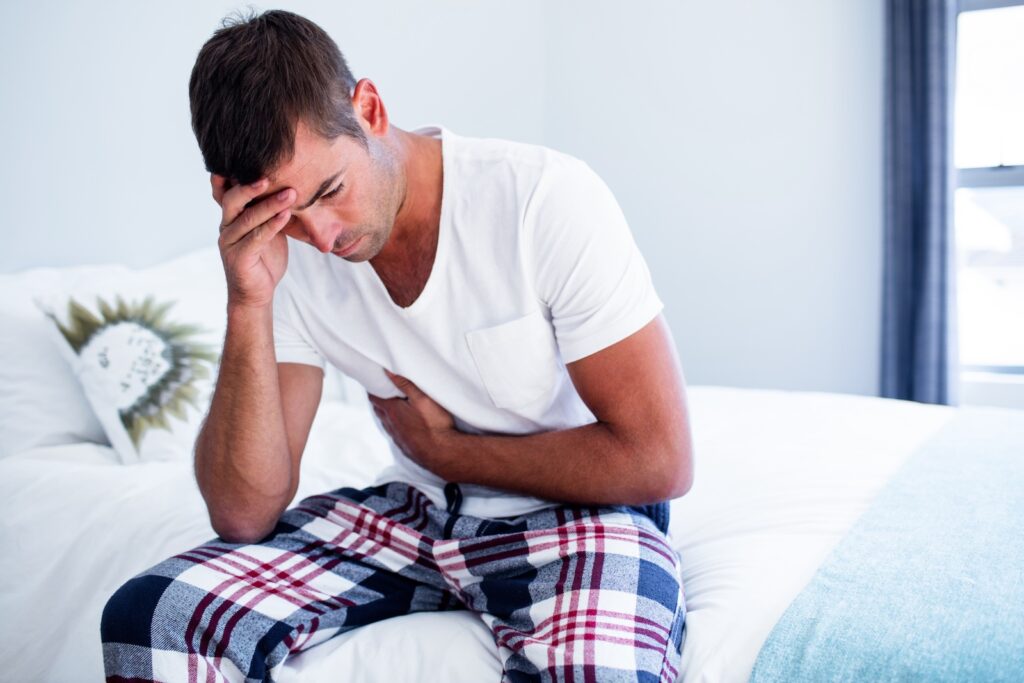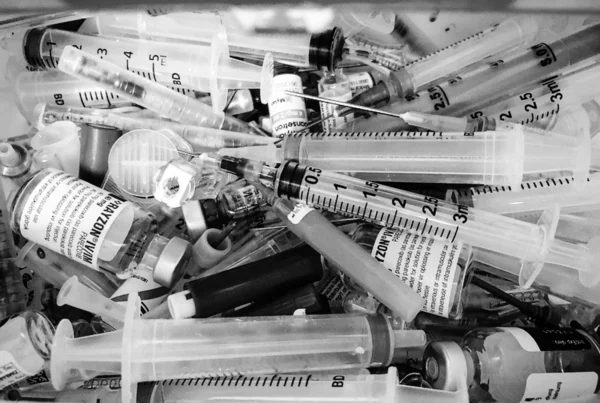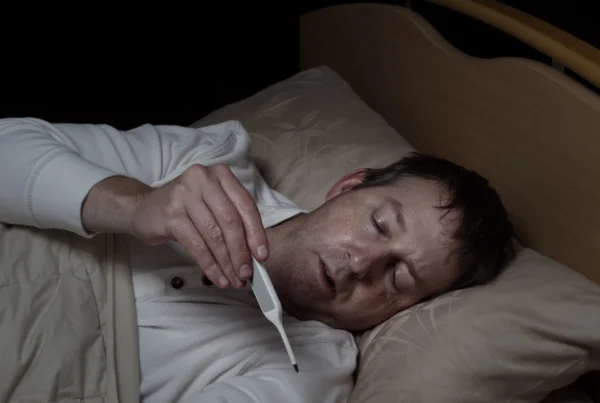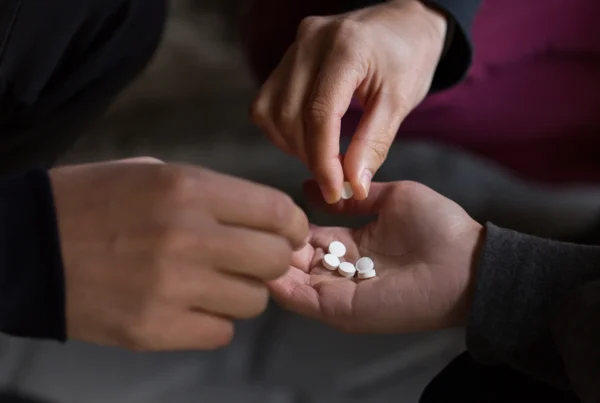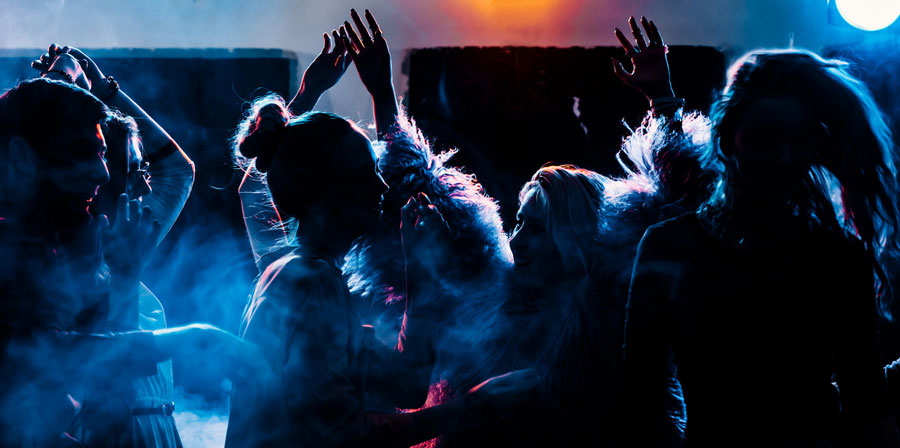
Table of Contents
Though they may sound exciting, party drugs are not to be taken lightly. They can cause serious long- and short-term side effects, especially when taken in conjunction with other substances. Read on to learn more about the dangers of party drugs and how to get help if you or someone you care about is addicted to them.
Types of Party Drugs
Party drugs can include a wide variety of drugs capable of producing almost every imaginable effect. There are different categories and types of party drugs, often categorized by what effects they impart to their users. There are so-called “club drugs,” which can include several lesser-known but still highly dangerous drugs like Rohypnol, GHB, and ketamine, which are all dissociatives and similar to drugs used as anesthetics.
There is also a class of drugs called hallucinogens, which can drastically change the users’ perception and sensory input. These drugs can cause delirium, hallucinations, and severely altered brain chemistry. Party drugs in this category include LSD, or acid, and MDMA.
Another category that contains very popular party drugs is the stimulant category. These drugs ramp up the activity of the central nervous system, speeding up the body and creating intense feelings of pleasure and enjoyment. Drugs in this category are some of the most powerful party drugs, some of the most abused and dangerous. The most well-known and popular stimulants are cocaine, methamphetamine, and speed.
Depressants are the final category of party drugs that many people tend to forget. These drugs slow down or depress your central nervous system and result in serious side effects. Unfortunately, some of these side effects can lead to dangerous and potentially deadly results. One of the most popular party drugs of all time is the most abused depressant in the US, alcohol. Another party drug that has become very popular in recent years despite being around for a long time is lean.
Side Effects of Party Drugs
The side effects that party drugs can produce are nearly as wide and diverse as the types of drugs considered party drugs. The side effects will greatly depend on what type of drug has been consumed. Many drugs share side effects with others, and drugs of different categories can often influence and enhance the effects of other drugs being used simultaneously. This is called the synergistic effect. For example, drinking lean and additional alcohol can cause significant respiratory depression and even death.
Abusing club drugs like ketamine, GHB, and Rohypnol can result in many memory issues long after the user has stopped. While being used, they often result in loss of coordination, sometimes immobility, inability to think clearly, slurred or incomprehensible speech, and lack of memory of the experience. These are often drugs used to essentially disconnect most of the communication between the brain and the body, and if they are abused, this can even lead to paralysis of the lungs and other organs.
Hallucinogens are another class of drugs frequently found to be party drugs. While substances like LSD does not stay in your system long, they alter the user’s perception of reality and can cause intense psychotic episodes. In addition, people under the influence of hallucinogens can suffer trauma related to their experiences that can haunt them for many years afterward, in the form of flashbacks. These flashbacks can be so severe that they can cause PTSD.
Stimulants are some of the most popular and widely abused party drugs. They are potent modulators of the central nervous system and levels of crucial neurotransmitters like dopamine and serotonin. Unfortunately, abusing them over long periods can lead to the burnout of large amounts of receptors in the brain. This means that in addition to side effects like dangerously elevated blood pressure and heart rate, rushes and strong feelings of euphoria, inconsistent moods, obsessiveness, sexual dysfunction, and organ damage from the toxins in the drugs, once the user stops taking them, they may not be able to feel happy about things they once loved. This side effect can linger for years after the stimulant abuse has ended, depending on how severe the addiction was and which drug was involved.
Abusing depressants like lean or alcohol can lead to many side effects, the most serious being the depressant effect on respiration (breathing) and blood pressure. If someone has consumed too much alcohol, their breathing rate will be slowed to a relatively low rate. However, if another drug with a similar effect is added, they could exacerbate the symptoms and face more potentially severe consequences. If the breathing rate and blood pressure drop too low, the individual under the influence can suddenly fall into a coma. In some cases, this coma state can be fatal.
How to Know if You’re Addicted to Taking Party Drugs
When you’re addicted to club drugs, rather than letting your body detox and your brain get back to a more normal balance, you’re likely to prevent or stop the withdrawal symptoms by going right back and taking more drugs. This is a vicious cycle that can become dangerous.
One of the many downsides of taking drugs is how you feel after the pleasurable effects have begun to wear off. These side effects can be mild, but the more frequently you partake in club drugs, the more severe they can be. After taking party drugs, many people experience a depressive episode that can last two or more weeks. These symptoms include:
- Mood swings
- Irritability
- Irregular sleep patterns
- Aggressive behavior
- Seizures
- Sedation
- Loss of coordination
- Vomiting
Treatment Options if Addicted to Using Party Drugs
When it comes to getting clean, many options are available to you. Detoxing at home with the support of your loved ones is possible, but if you have been taking large amounts of club drugs, you will likely have more intense withdrawals. Luckily, you can detox with the help of your doctor, or you can contact a treatment facility that specializes in helping addicts get clean and stay clean. By addressing the root cause of your addiction and having a team on your side to support you, recovery will be much more effective and easier than trying to do it alone. This support and help during your transition from using drugs to sobriety are imperative to ensure you maintain successful sobriety in the long run.
If you or a loved one is struggling with an addiction to party drugs, the addiction must be addressed immediately before something potentially fatal occurs. So reach out to a premier rehab facility that can guide you on the path to a better tomorrow right now.
Sources:
Ocean Recovery has strict sourcing guidelines and relies on peer-reviewed studies, academic research institutions, and medical associations for our references. We avoid using tertiary references as our sources. You can learn more about how we source our references by reading our editorial policy.
1. van der Schier R, Roozekrans M, van Velzen M, Dahan A, Niesters M. Opioid-induced respiratory depression: reversal by non-opioid drugs. F1000Prime Rep. 2014;6:79. doi:10.12703/P6-79
OCEAN RECOVERY EDITORIAL GUIDELINES
The internet contains a vast amount of misinformation, but when it comes to your health only peer reviewed, research centered data matters. At Ocean Recovery, all content published throughout our website has been rigorously medically reviewed by a doctorate level clinician, and cross checked for medical accuracy. Our editorial process helps our readers trust that the information they are consuming is factual and based upon scientific data. Your health is our top priority, find out more about how we safeguard the integrity of information on our website. Read More About Our Process


